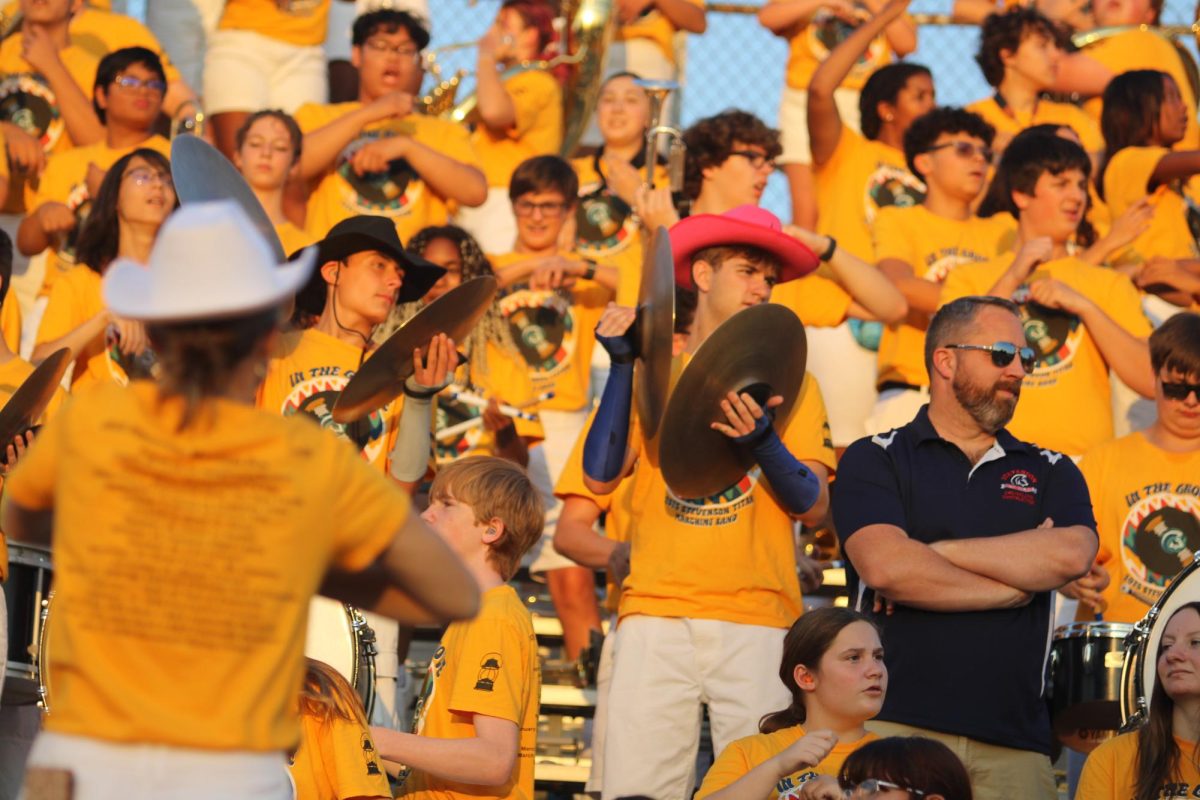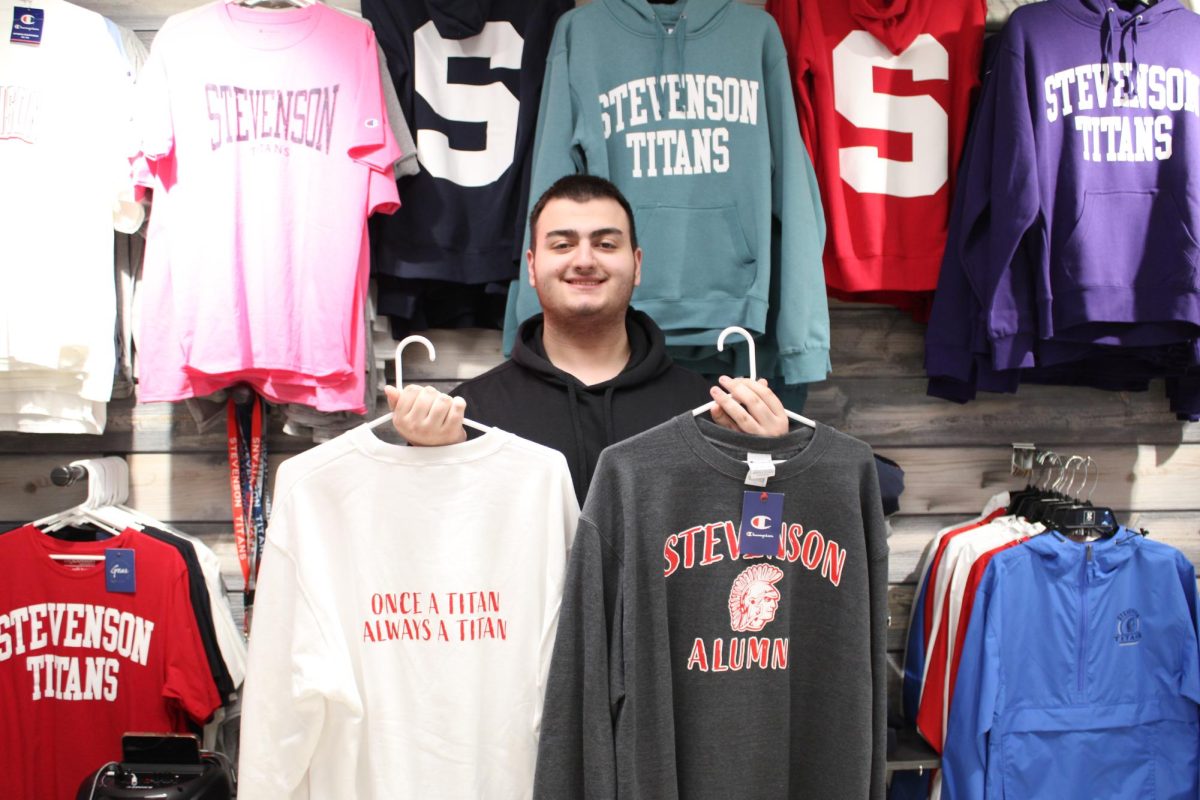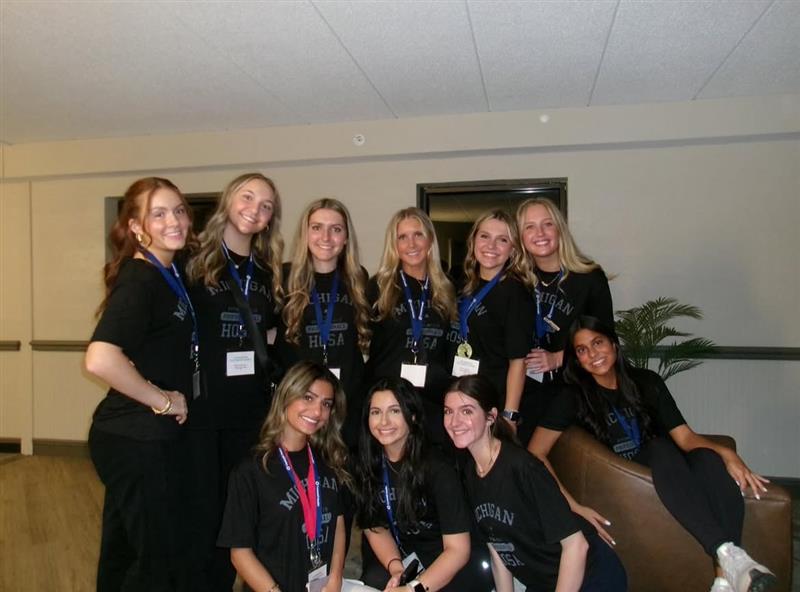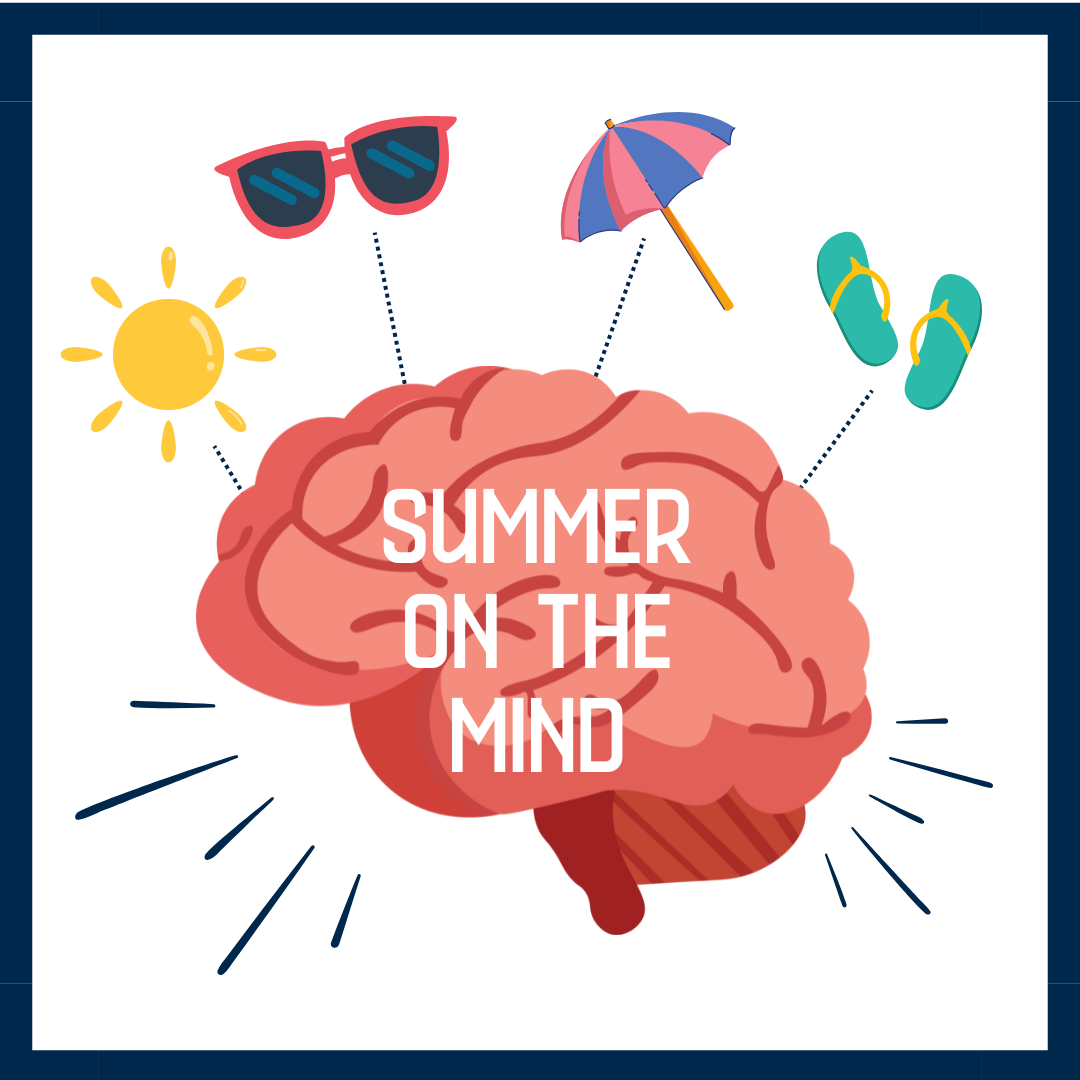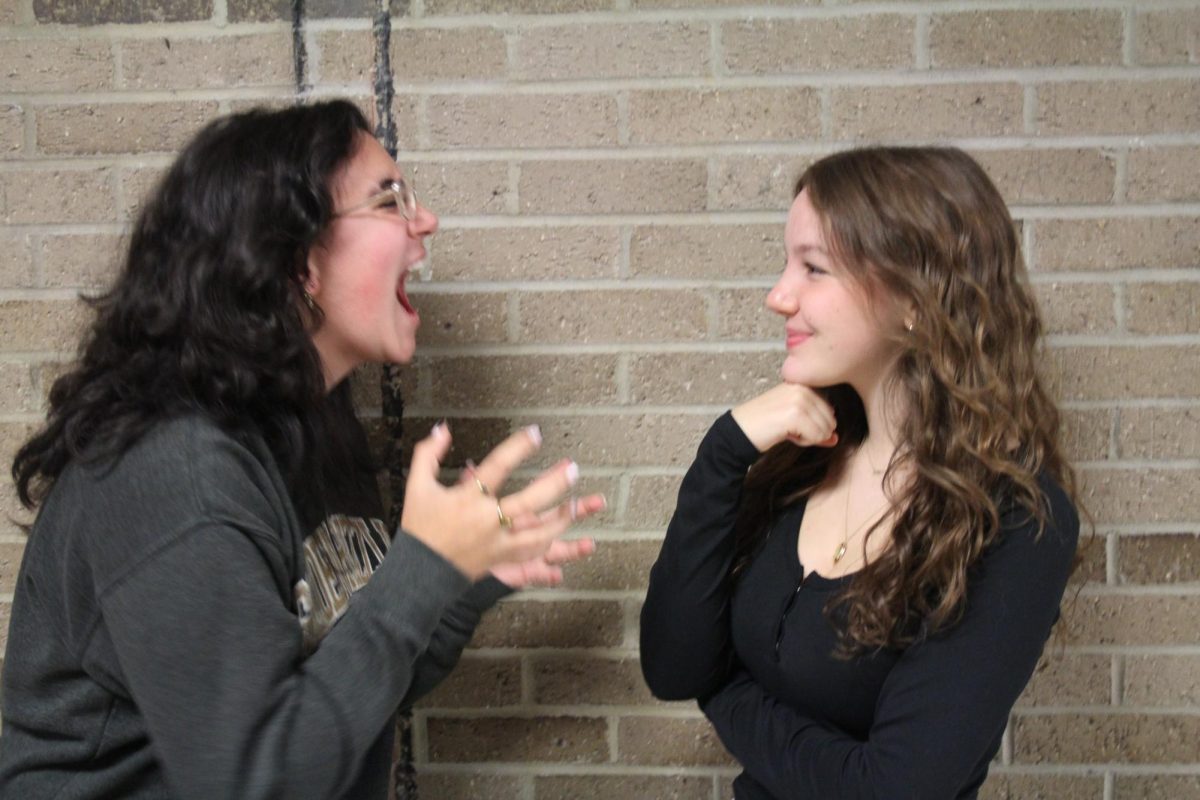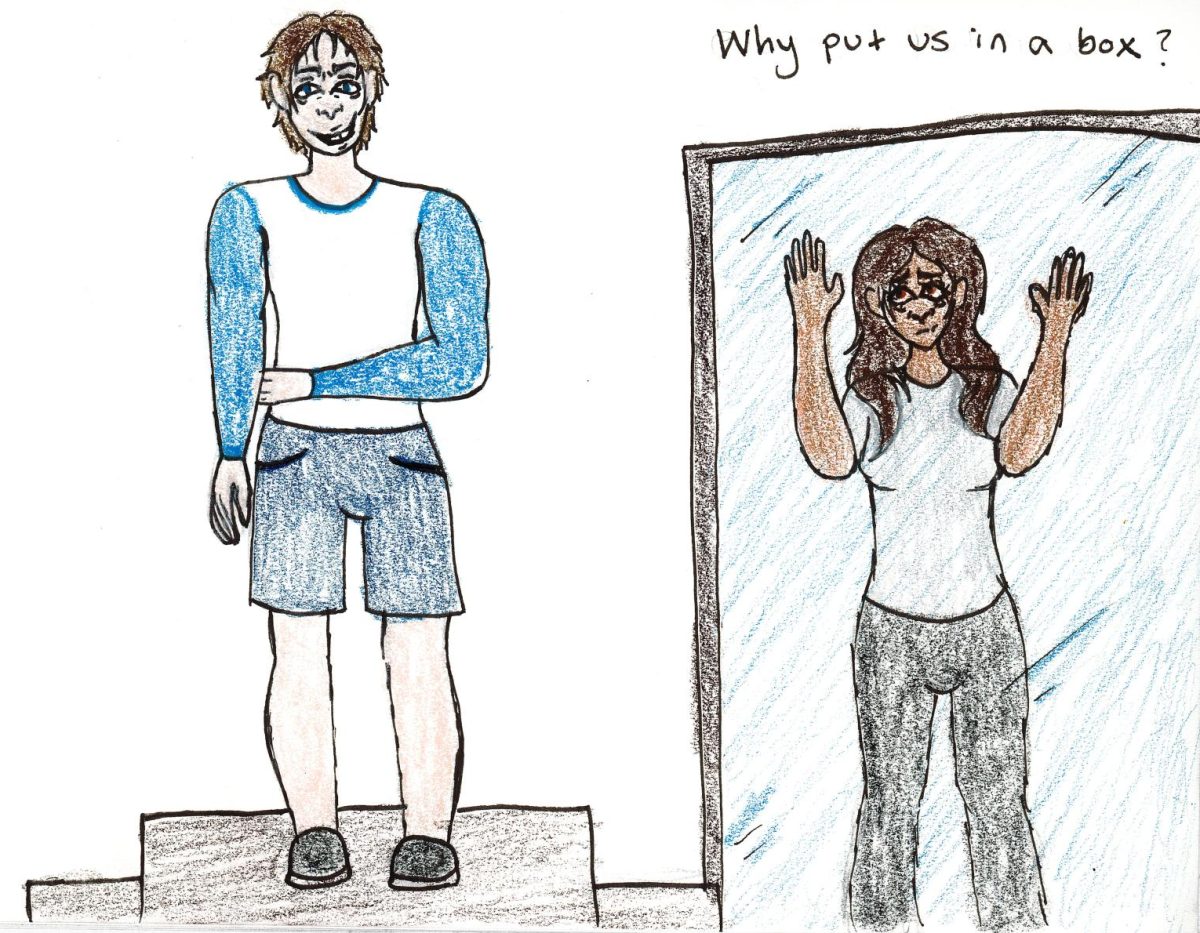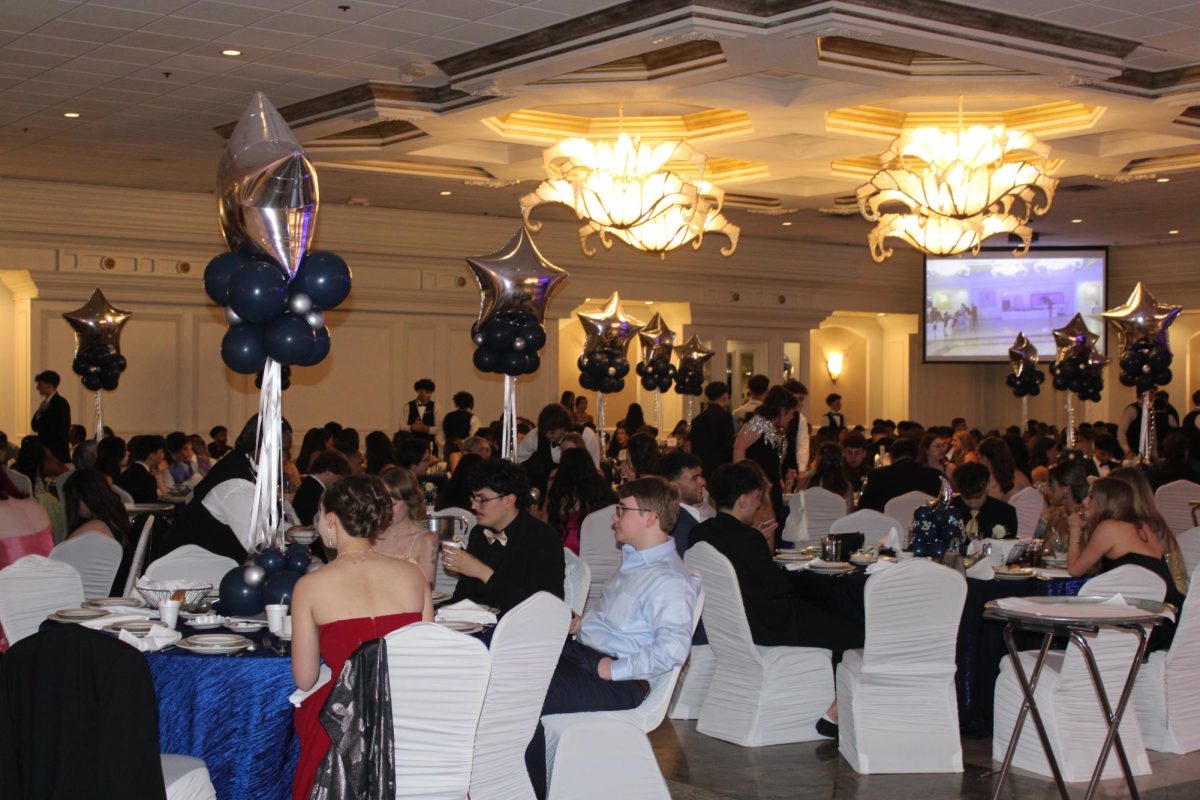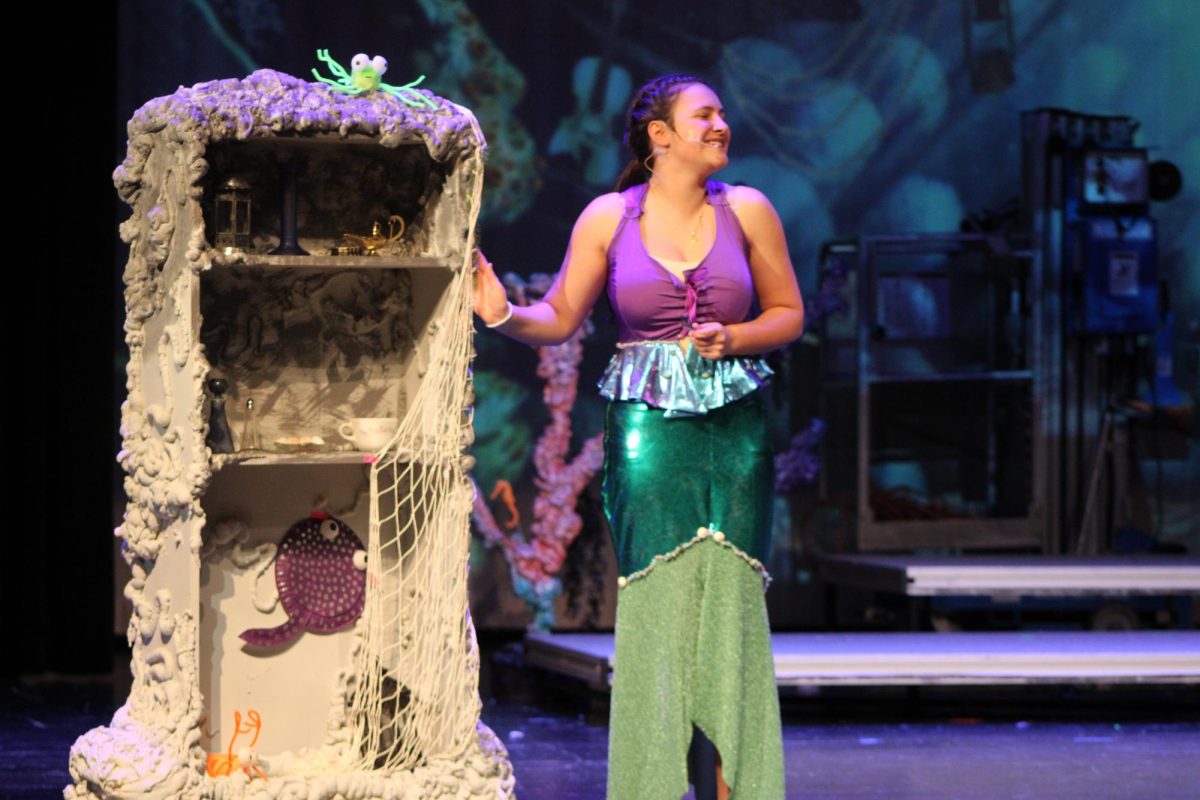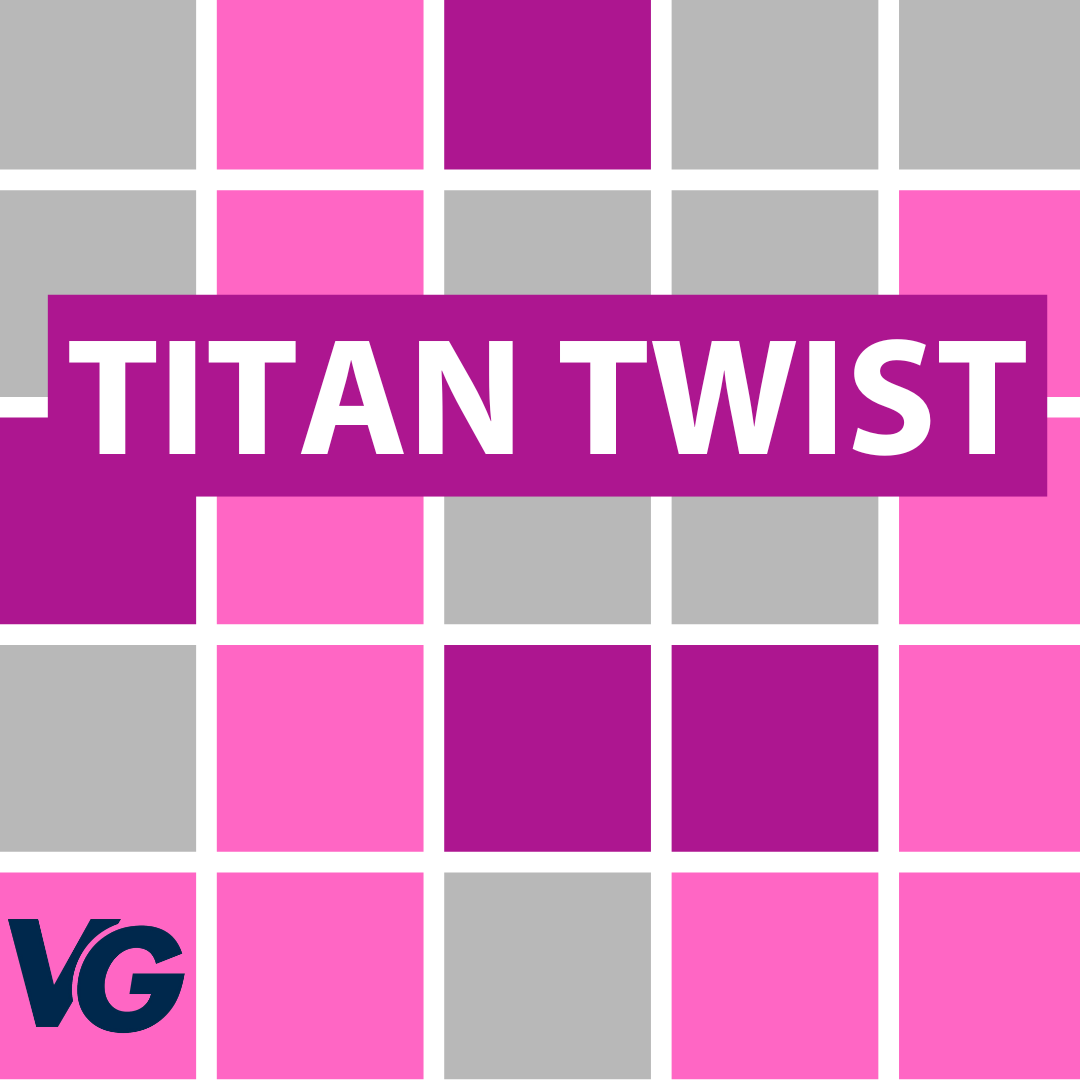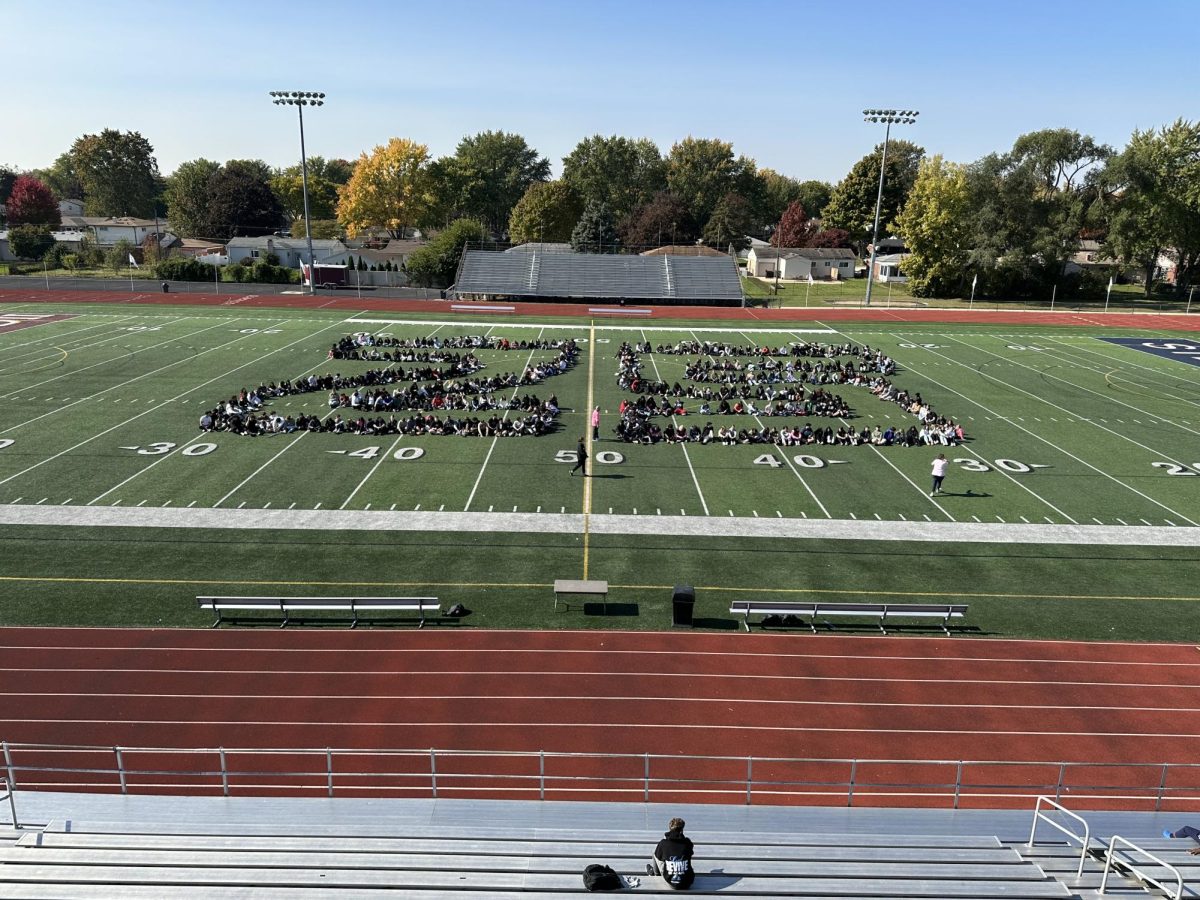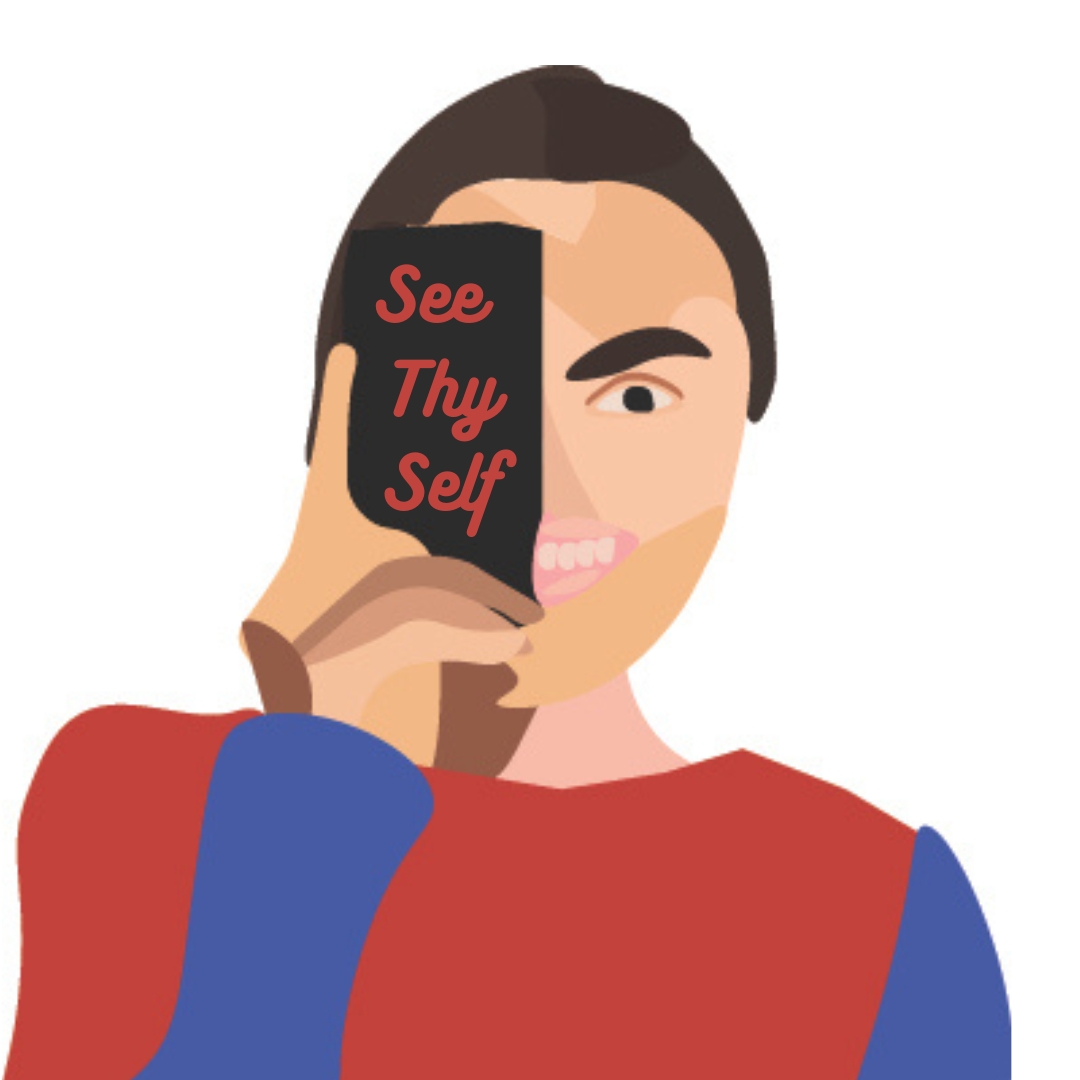It’s worth pausing when you hear someone say, “Kids these days” when lumping entire groups of people into a specific generation.
With each generation, there is a time frame of progression, newcoming, and evolution. Youth, adults, and the elderly, they all walk among us, and all have different stories to tell, based on the generation they were born in. With Generation Beta starting in 2025, these offspring of millennials and Gen Z will have an incredibly different relationship with technology compared to previous generations.
As high schoolers, Generation Z, thrive in today’s current-progressing digital world and are on the cusp of witnessing how the newer generations will adapt to the constant changing and growing society of technology. With rapid advancements every year, one can only imagine how the next younger generations, like Generation Beta, will adapt to an even more fast-paced, tech-driven world.
Gen Z Sara Mircevski ’25 said she believes that generation beta will lean more toward technology development and dependance. With the ever-growing nature of technology and the increasing incorporation of digital tools into daily life, Generation Beta will likely see even greater reliance on artificial intelligence, automation, and virtual experiences, which will shape how they learn, socialize, and work.
Mircevski added how this dependence may significantly alter their relationship with traditional skills and human connection, as technology starts to define their world and act as their main source of life.
“The newer generations will be using more technology to communicate including social media, which will impact societies standards. Academically society will use more technology in schools,” Mircevski said. “There will be more artificial intelligence just like the current ChatGPT for example.”
As some are neutral about this ongoing shift into new standards, some older generations like theater director Cheryl Jackson who is Generation X said she may have some concerns regarding the future youth and societal adaptations.
Jackson added how she is worried about how the next generation to come will fail to see the human aspect of life with the new developments of AI technology.
In fact, a recent PEW Research Poll showed that high school students are accessing AI sites like Chat GPT almost daily with only about 27 percent of U.S. adults over the age of 25.
“I think AI is going to be changing the way future students handle situations. It is just the very intimate infancy, and it’s going to need tweaks as it goes through,” Jackson said. “As I’ve been experimenting with it on my own, I can tell there still needs to be a human element.”
Jackson said she also sees these new ages of technological advancements as a new replacement for the old-fashioned ways of education. With how quickly artificial intelligence can manage multiple tasks, the future doesn’t look too bright for traditional ways of teaching.
“I think that books are going to suffer and not be read nearly as much. I’ve already seen that happening where they don’t read books anymore. I also think that pencil and paper is going to be a thing in the past,” Jackson said. “There has to be a change in the way we teach kids, because they are not learning the way they did 20 or 30 years ago, so we need to globally adapt.”
Even the younger Gen Z foresees this futuristic difference as one of the least social. Younger students like Natalie Al-Doori ’28 sees our future youth headed on a path of antisocial behavior and highly driven by the internet.
“As a middle schooler I think the newer generations will be less social and more captive in their own bubble,” Al-Doori said. “I feel that they won’t do as good as past generations have done in school and most likely find older generations dependent on the internet as they are.”
Al-Doori also seems to find potential difficulties for the future youth to work with older generations, regarding the internet and digital media and their overall differences.
“The new generations will most likely find older generations as off or not as dependent on the internet as they are.”


